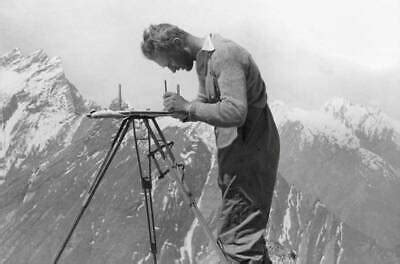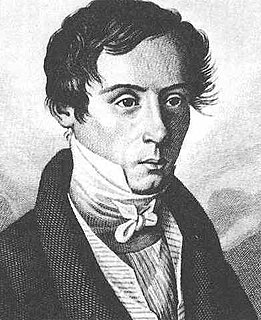A Quote by Rainer Maria Rilke
Fate loves to invent patterns and designs. Its difficulty lies in complexity. But life itself is difficult because of its simplicity. It has only a few things of a grandeur not fit for us.
Related Quotes
There are only patterns, patterns on top of patterns, patterns that affect other patterns. Patterns hidden by patterns. Patterns within patterns. If you watch close, history does nothing but repeat itself. What we call chaos is just patterns we haven't recognized. What we call random is just patterns we can't decipher. what we can't understand we call nonsense. What we can't read we call gibberish. There is no free will. There are no variables.
Throughout this book, we've been evangelizing simplicity, but ironically, the practice of simplicity is not simple. It is easy to build a bulky design by adding layer upon layer of navigation and features; it's much more difficult to create simple, graceful designs. Paring designs to essential elements while maintaining elegance and functionality requires courage and discipline.
If we only look around us, there are a thousand reasons for us not to be happy, and it is simplicity itself to blame our unhappiness on the things we lack in life. It doesn’t take any talent at all to find them. The problem is, the more we focus on the things we don’t have, the more unhappy and more resentful we become.
Art itself is essentially ethical; because every true work of art must have a beauty or grandeur of some kind, and beauty and grandeur cannot be comprehended by the beholder except through the moral sentiment. The eye is only a witness; it is not a judge. The mind judges what the eye reports to it; therefore, whatever elevates the moral sentiment to the contemplation of beauty and grandeur is in itself ethical.
You can curl up in the fetal position and try to wish away all the things that need doing, or you can get started on that uphill battle to reclaim your life. The difficulty isn’t what choice to make, because that part is obvious. The difficulty lies in finding the energy and inspiration to make the right choice.
Complexity is looking at interacting elements and asking how they form patterns and how the patterns unfold. It's important to point out that the patterns may never be finished. They're open-ended. In standard science this hit some things that most scientists have a negative reaction to. Science doesn't like perpetual novelty.





































